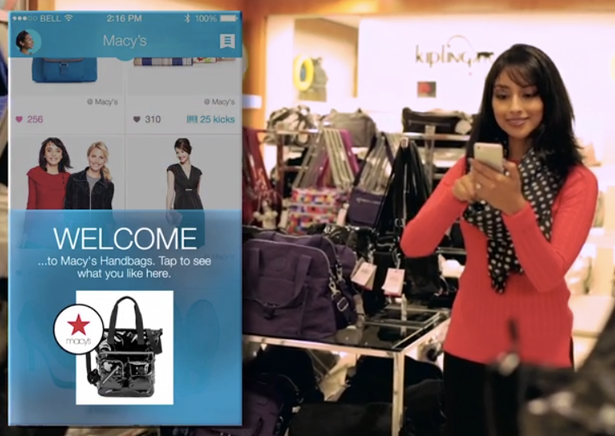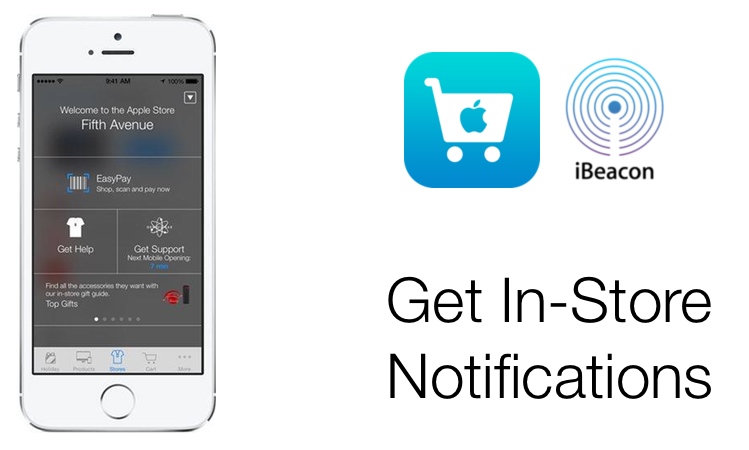Learning Hub | Content Marketing
What is iBeacon and how is it relevant to my business?
June 24, 2014 | Jon Teodoro
There has been some buzz lately about how iBeacons or similar proximity-based technologies could affect the shopping experience for both consumers and businesses. Despite this, only a small percentage of SMB owners actually know what an iBeacon is.
What is iBeacon?
iBeacon is an Apple technology that utilizes location-based information to deliver a unique experience to mobile users by implementing Bluetooth low-energy wireless technology (BLE). iBeacon has been available since the release of iOS7 and is also compatible with Android 4.3 and above. The iBeacon technology exists on the mobile phones of anyone with the previously mentioned operating systems.
In order for iBeacon to work, devices called beacons need to be located in close proximity of mobile users with the iBeacon technology. Typically, beacons are small and relatively inexpensive, and are able to transmit data one way to users with the iBeacon technology on their phones. Also, in order to receive notifications, users will need an app that allows of iBeacon communication to be installed on their phone.
For example, if your city’s football stadium has beacons installed and you have an iPhone 5S with iBeacon technology installed on it, in order to receive notifications from the stadium, you must have the stadium’s app installed on your phone with the permissions set to receive notifications. This prevents regular users to receiving non-relevant or obtrusive notifications.
What is the iBeacon technology capable of?
Imagine shopping at your local grocery store. You’re looking at your list of things to buy and next up are paper towels. As you turn down the aisle, you get a notification on your phone: “X-Brand Paper Towels On Sale: 12-Pack for $9.99”. Upon receiving this notification, your eyes scan the shelves for X-Brand Paper Towels and when you come across them, in your cart they go – no coupon clipping required. In a nutshell, that is how iBeacon can help improve the shopping experience of millions of people all over the world.
The functionality in this particular example is just one way retailers, businesses and a plethora of other establishments are taking advantage of the iBeacon technology to create a truly location-centered experience.
Here are two examples of how brands are using the iBeacon technology:
- Macy’sCustomers who shop at Macy’s with the Shopkick app installed get alerted in real time about deals and items they might be interested in purchasing:

- AppleCurrently, iBeacon is being utilized at 254 of Apple’s US Stores and works hand-in-hand with the Apple Store app. Customers who have the Apple Store app installed get notifications of relevant upgrades when they reach certain sections of the store and can even be alerted when their orders are ready to be picked up.

The idea of iBeacons in the small business world still hasn’t gained a huge amount of traction yet, however, it is up to marketers to let their clients be aware of things like the iBeacon. Increased awareness paired with creative campaigns and applications are the crutch of the success of the iBeacon technology.
Have you ever come across iBeacons in person? If so, we would love to hear about your experience below.
